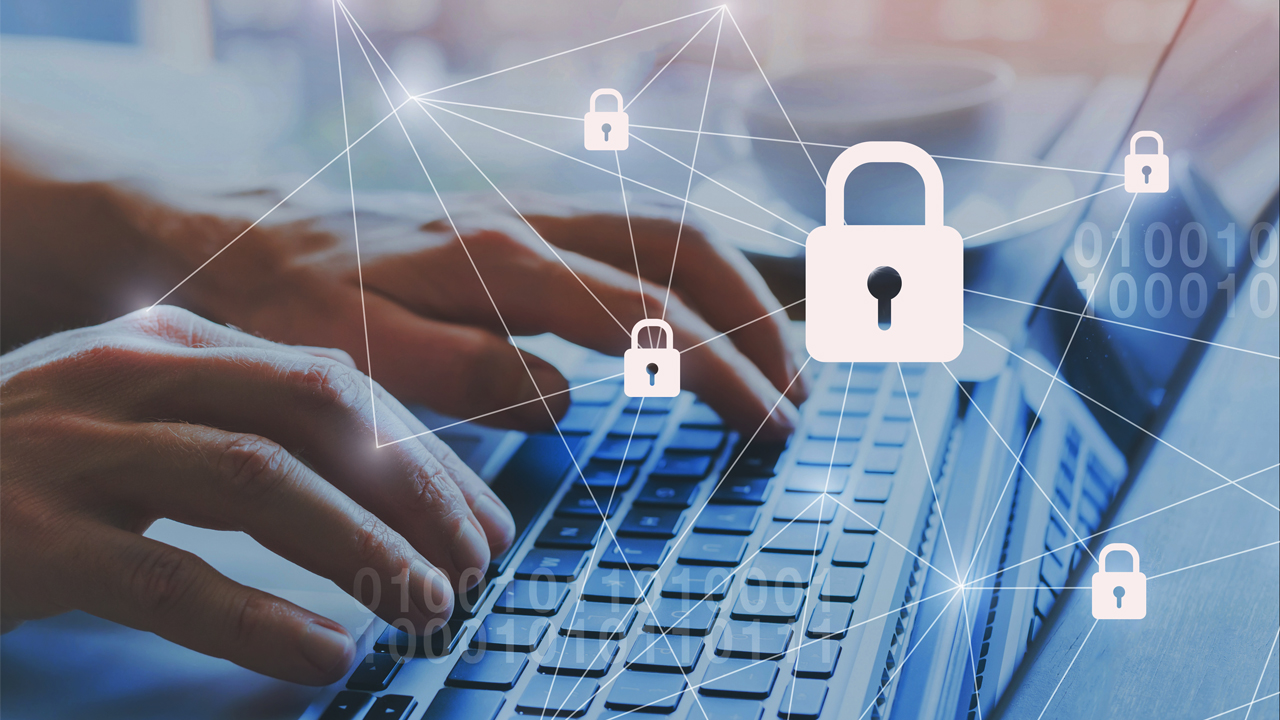Are VPNs legal in France?
Everything you need to know about using VPNs in France

The best VPN – or virtual private network – is an encrypted connection that ensures enhanced privacy and security for devices connecting to a server. It may sound advanced, but as global internet users become more security-savvy and leading VPNs make their services more intuitive, the use of VPNs is becoming increasingly popular.
For those visiting France or French travelers abroad, there are plenty of reasons why a France VPN might appeal. But whether you’re looking to protect your data, increase privacy, or simply broaden your streaming options, you may hesitate to opt for a VPN in the fear that it may not be legal. In this article, we’ll cover everything you need to know about the legalities around using VPNs in the country.
- Want more viewing variety? Here's how to change region on Netflix
VPNs are entirely legal in France
First things first. As in most countries, VPNs are completely legal in France. Authorities will not take action against users who are simply employing VPN technology to browse the web from their devices.
They do not make illegal acts legal
While the use of VPNs is entirely legal in France, this of course does not mean that illegal acts committed while using a VPN become legal. You should therefore never use a VPN to mask your identity in order to commit a criminal offence, such as to download pirated content.
What’s more, while levels of privacy are certainly increased when using a VPN, French government and law enforcement entities would still be able to see illegal activity – it just becomes harder for that to be traced back to you. In exceptional circumstances where they suspect illegal activity, they could even seek to force VPNs to disclose user information.
Whether VPNs have this information is another matter (many secure VPN services include a no-logs policy), but the bottom line is that illegal behavior conducted while using a VPN remains a prosecutable offence.
- What is a VPN? Here, we explain all

Why would someone in France want a VPN?
VPNs are especially popular for masking a user’s location thanks to the advantages that can come from doing this. Users looking to buy a product online may find that they can get it cheaper by changing where it appears they’re buying from. Alternatively, hiding your location can allow you to circumnavigate geographical restrictions imposed by streaming services like Netflix or Amazon Prime.
Sign up to get the BEST of Tom's Guide direct to your inbox.
Get instant access to breaking news, the hottest reviews, great deals and helpful tips.
Thus, a US citizen residing in France can use a streaming VPN to override Netflix’s geo-blocking and access their favourite American TV. Similarly, a French citizen living in the USA can use a VPN to make sure they’re not missing their shows from home. For example, Salto – a French streaming platform with live and catch-up content from networks TF1, M6, and France TV – is usually only accessible in France. Using a VPN, however, ensures access to Salto regardless of your location.
It’s important here to note that while these actions are not illegal in France, they may contravene the terms and conditions of content providers like Netflix and Salto. While it remains unlikely that this will result in you losing your access to the service, you should nonetheless be aware of this before opting to use VPNs for this reason.
There are also a number of other advantages to using a VPN in France. France is one of the countries involved in the Nine Eyes intelligence community, which is a cooperation between national signal intelligence agencies that also includes the UK, USA, and Australia. These states’ joint cooperation in intelligence gathering is chiefly intended to prevent hostile forces from causing terror on the respective populations of the countries in alliance with one another.
However, it’s widely accepted that this involves getting access to web users’ private data in order to gain insight on their Internet usage. Understandably, many users are uncomfortable at the thought of their data being shared between nation states, which is why they are turning to VPNs to protect their privacy
What do we recommend?
ExpressVPN stands out from the competition in terms of price, features, and value. With servers in nearly 100 countries, all the security features we mention above, blazing connection speeds, and reliable access to multiple streaming services, ExpressVPN is an excellent choice for those after security with no compromises.
While some users may prefer certain features of other top VPNs, it’s the best overall option for most users – and now Tom’s Guide readers can claim three months absolutely free.
Alexis is a freelance writer and podcast producer with a Master's degree in Journalism. His love for creative technology stems from the day he was gifted his first ever digital voice recorder (a beloved Olympus WS 110), which brought with it the wonderful realisation that he'd never again have to rely on his iffy shorthand. Alexis has over 16 years of experience crafting articles for industry-leading print and online technology publications, including Tom's Guide, Creative Bloq, and TechRadar. When he's not writing, Alexis combines his love for travel and sports, interviewing adventurers and athletes all over the world.


